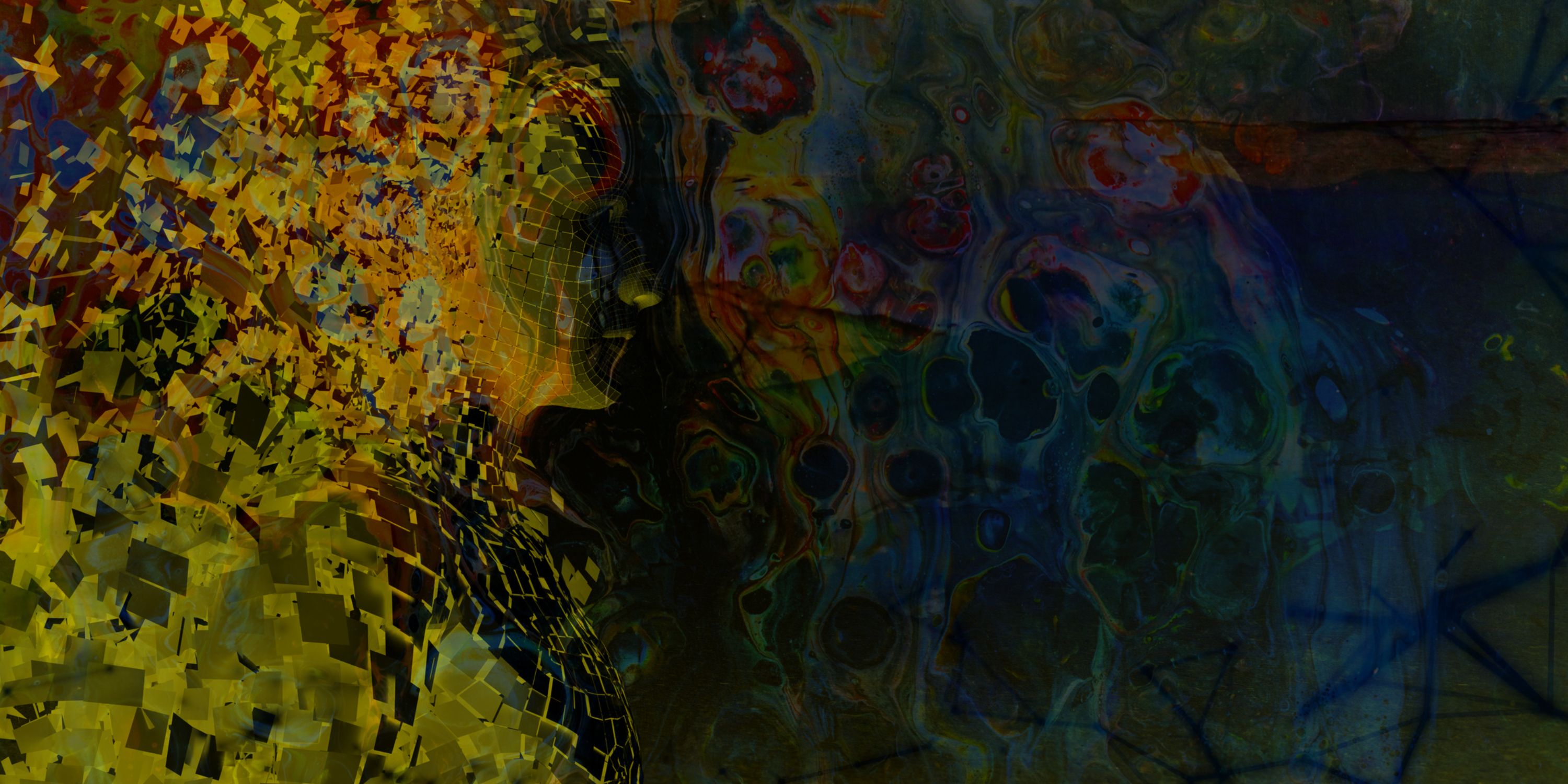Three prominent artists have banded together to file a class-action lawsuit in California against Stability AI — the company behind Stable Diffusion — for copyright violations along with Midjourney and DeviantArt, which both use the AI art tool. The use of text-to-image generators has been extremely divisive ever since they entered the mainstream consciousness over the last year, with concerns that these tools both displace artists and directly steal from them. Generative AI, as these models are categorized, learn from massive databases of content taken from the internet.In a blog post detailing the lawsuit, lawyer Matthew Butterick calls Stable Diffusion “a parasite that, if allowed to proliferate, will cause irreparable harm to artists, now and in the future.” Butterick is representing artists Sarah Andersen, Kelly McKernan, and Karla Ortiz, who are pushing for proper compensation for artists whose work has been used to develop AI art generators and for the alleged parasitic practices to be put to an end. The lawsuit accuses the companies behind these tools (Stability AI, DeviantArt, and Midjourney) of several violations, including direct copyright infringement, vicarious copyright infringement, and unlawful competition.Related: None Of The Girls In These Vintage Polaroids Exist. An AI Made Them Up
AI Art Generators Meet Accountability

Stability AI’s Stable Diffusion has skyrocketed to popularity since its public release in August 2022, but not everyone’s loving it. It was trained on billions of images in order to become capable of producing its own creations from text prompts, with the goal being output that looks just as good as what a human might create. Midjourney, the Discord-based AI art generator that uses Stable Diffusion in addition to its own models, has seen equally feverish adoption. And, to the ire of many artists, the long-running online artist space DeviantArt late last year released its own Stable Diffusion-based text-to-image generator, DreamUp.
The class-action lawsuit is now coming for all of them. Butterick argues that Stable Diffusion is nothing more than “a 21st-century collage tool that remixes the copyrighted works of millions of artists whose work was used as training data.” The tool copied billions of images, the lawsuit alleges — mostly unbeknownst to artists.
“These resulting images may or may not outwardly resemble the training images. Nevertheless, they are derived from copies of the training images, and compete with them in the marketplace,” Butterick writes. “At minimum, Stable Diffusion’s ability to flood the market with an essentially unlimited number of infringing images will inflict permanent damage on the market for art and artists.”
Up until now, the creators of these tools have used the lack of clear legal precedent around AI art to their advantage, taking it as a pass to outright scrape artist’s work from the internet and use it to teach and refine their models. That very well could change with the outcome of this lawsuit and others that will inevitably follow. If 2022 was the year of AI art, 2023 could be its reckoning.




